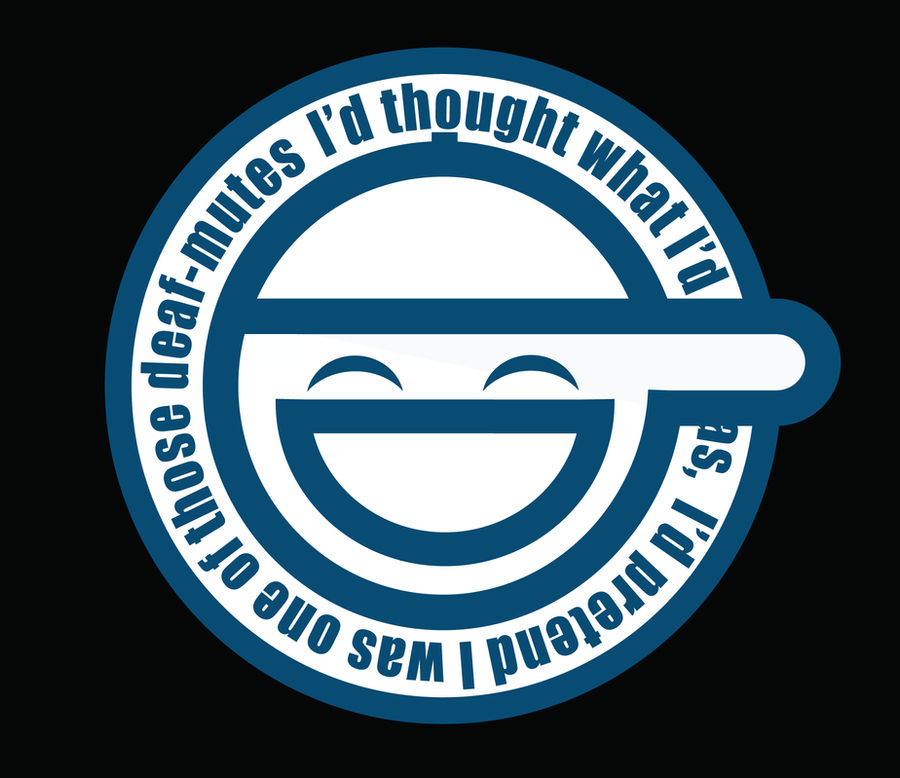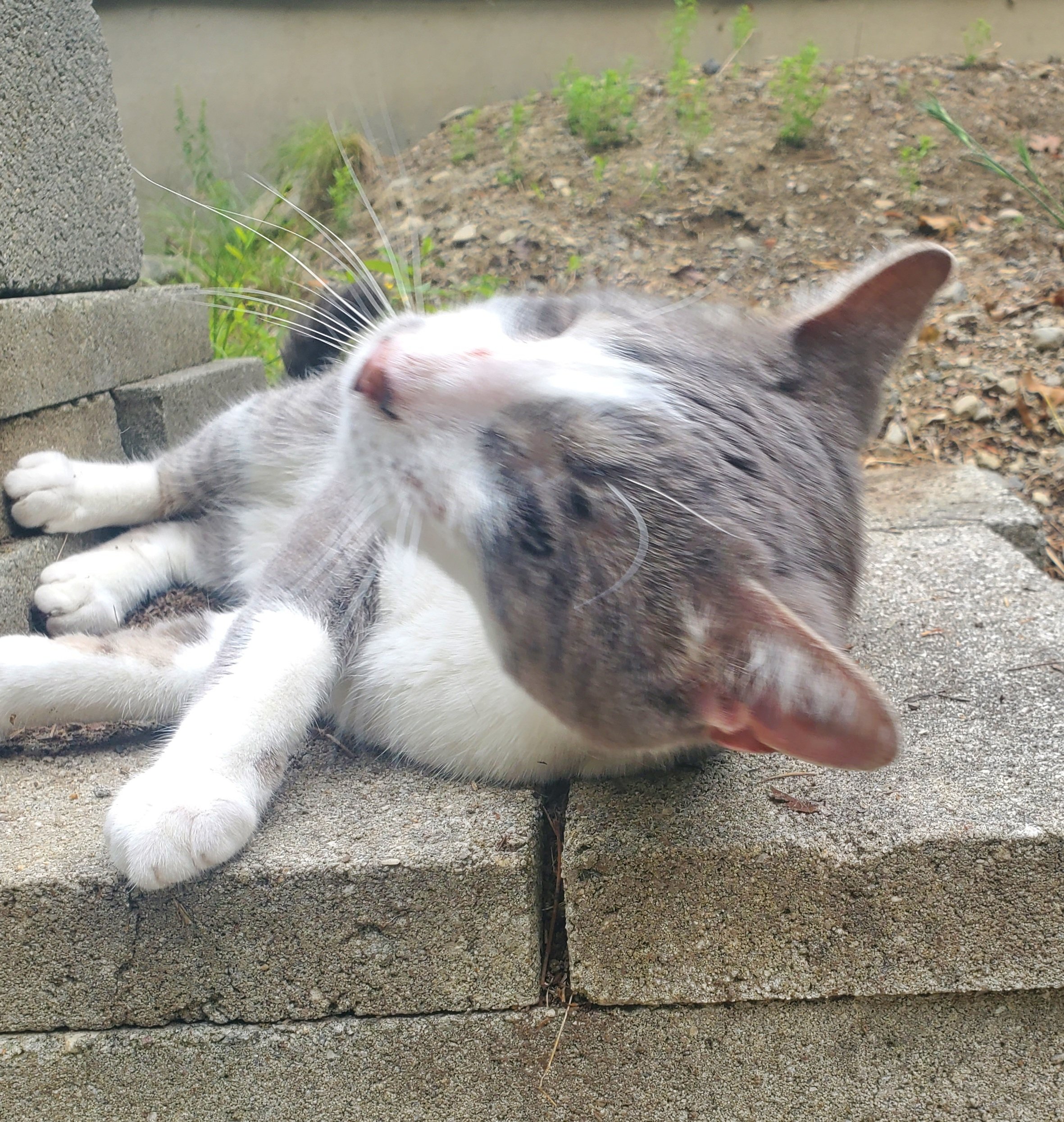Why YSK: A well cultivated critical thinker:
raises vital questions and problems, formulating them clearly and precisely;
gathers and assesses relevant information, using abstract ideas to interpret it effectively comes to well-reasoned conclusions and solutions, testing them against relevant criteria and standards;
thinks openmindedly within alternative systems of thought, recognizing and assessing, as need be, their assumptions, implications, and practical consequences;
and communicates effectively with others in figuring out solutions to complex problems.
I want to point out that critical thinking isn’t just about putting the dots together yourself. You can never be an expert on every subject.
Logical systems always begin with a set of assumptions you build on top of. In math and formal logic, these are called axioms. Two parallel lines will never meet; the behavior of gravity is constant, etc. Go back far enough and there will be a set of assumptions that we hold to be true because we have to start somewhere.
Often, misinformation is specifically designed to slot seamlessly into critical thinking techniques by being logically sound… if you build on bad assumptions being simultaneously fed to you.
At some point we have to choose what experts we trust and hold their opinions as soft axioms in our own belief system. Misinformation networks get you by propping up fake “experts” to fill this role, then let you feel “smart” by applying logic to a bad set of starting assumptions.
A huge part of real-world critical thinking is the ability to identify trustworthy experts to do the legwork of studying a specialty field for us, since we can’t do it all ourselves.
Cultivating self-awareness of your limitations is critical. Knowing where your knowledge limits are gives you the breathing room to be wrong in your initial assumptions and to be more careful in choosing and accepting the right experts who compliment your strengths.
How do we go about finding a trustworthy expert?
There’s no easy answer for that. For me it’s people who are data-driven in their opinions, will happily explain and share that data for scrutiny, and who are generally well-regarded in their field, and therefore getting double-checked by other experts.
The nice thing about peer-reviewed science is that you don’t have to JUST vibe-check the person. All of their studies will have been reviewed by multiple scientists. It’s not a perfect system, but it’s the best we’ve come up with to date. If what they believe gets disproven by other studies, you can see how they react. Do they dig in, or do they adapt their world view?
Empathy is also important to me, so data-driven beliefs who’s execution is informed by empathy.
That was very insightful, Thank you!
Separation of emotion is a big part of it! Being able to set aside your personal opinion, and work back to the elementary ideas that drive more complex issues is a skill that a lot of people struggle with.
Bravo!
I think mindfulness, which is essentially what you’ve described, also at an emotional level as well, is the most important skill to have. With practice you can become less likely to interact with the world based solely on emotion, especially unwarranted and destructive emotion while always looking to better yourself due to the simple questions you ask every step of the way. I feel it’s key in managing my mental health, and pretty much ever facet of my life.
I think things like this are so simple in theory that we often gloss over them and the attention it deserves.
Problem is how fast the person can connect the dots and how well they can internalize the computational process without discussion.
That might make you more efficient at the process, but anyone can derive value from even basic implementation of critical thought.
I mean more in the applied professional context where timing is important. I tend to be a wild card for stuff like this already.
Company: We need a massive social media presence.
Me: Can you prove that this has any impact on customers and sales?
Company: This is what everyone else is doing.
Me: The sales statistics don’t reflect any value correlated to social media outreach.
Company: This is just how things are done. You can’t test this. It just works.
Me: Try giving away something of high value, with no strings attached, using social media to see if you can influence a single person. If the item is still here at the end of the week, it is mine.
I was the Buyer for a chain of bike shops. That’s how I got my carbon wheels, and didn’t need to waste time with the company Facebook page any more because if you can’t even give away $900, you’re never going to sell it.
There are many times I have these types of ideas, but they take far too long to mull over for effective solutions when I need them.
unfortunately critical thinking skills aren’t really something that can be taught imo. you can teach someone techniques and voice your own opinions to help them inform theirs but they need to take the rest from there.








